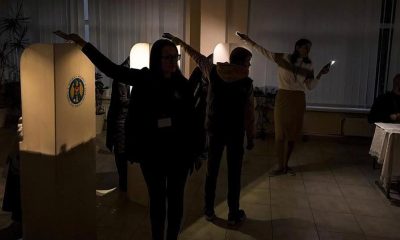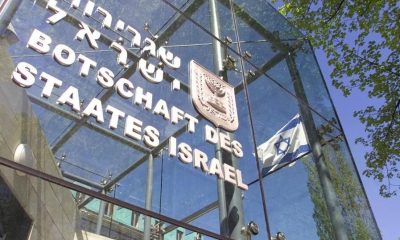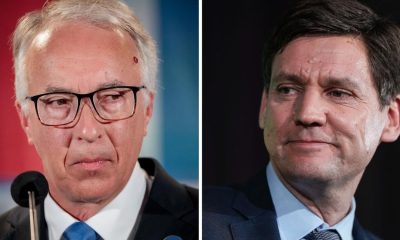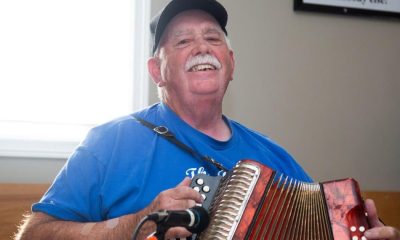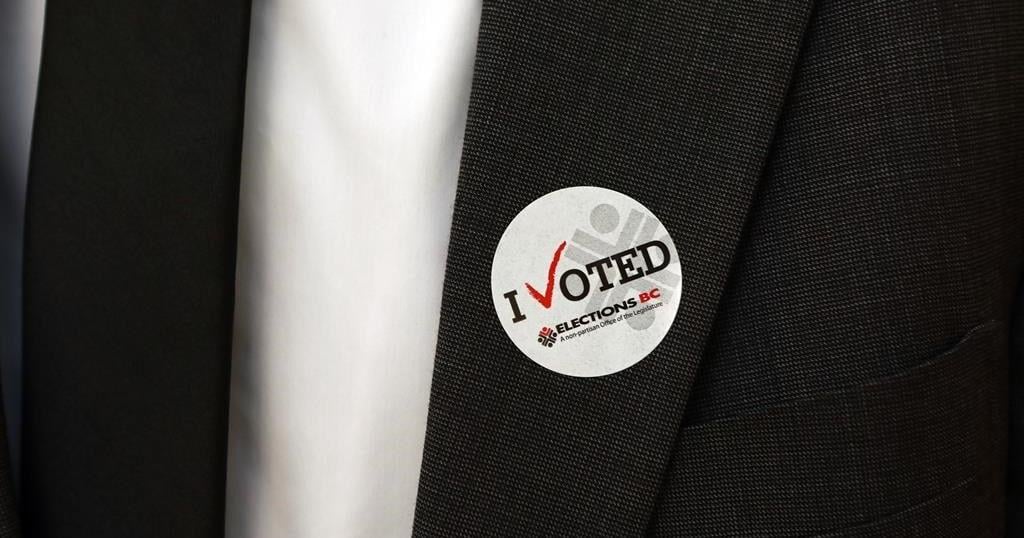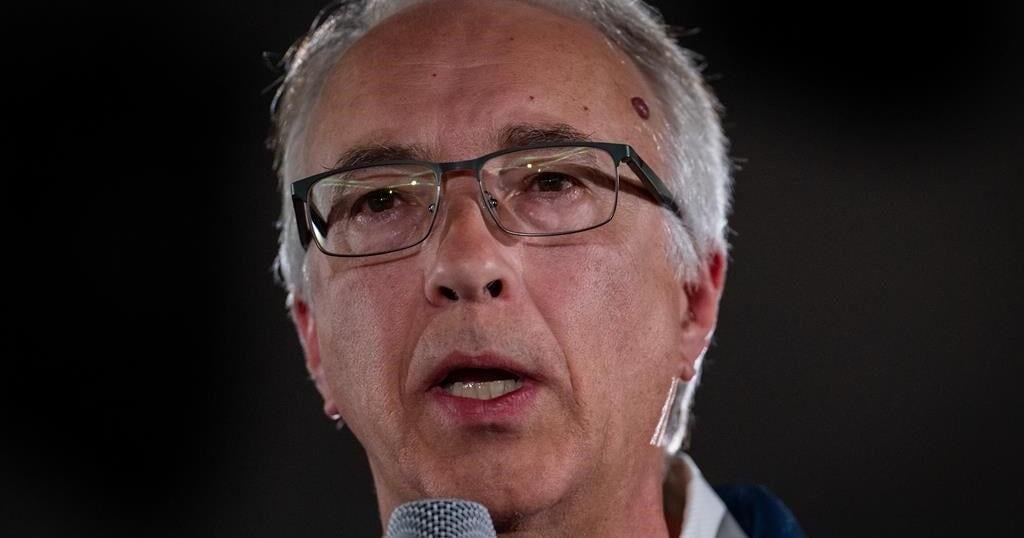I assume the title of
Deirdre N. McCloskey’s
“Why Liberalism Works: How True Liberal Values Produce a Freer, More Equal, Prosperous World for All” (Yale, 384 pages, $28) is meant as a riposte to the most talked-about political book of last year:
Patrick J. Deneen’s
“Why Liberalism Failed.” But whereas Mr. Deneen employs a tight definition of liberalism—a political philosophy conceiving “humans as rights-bearing individuals who could fashion and pursue for themselves their own version of the good life”—Ms. McCloskey has in mind some loosey-goosey form of what most Americans would call libertarianism, with a bit of generalized humanitarianism thrown in. Liberalism is “anti-statist,” she writes, “opposing the impulse of people to push other people around. It’s not ‘I’ve got mine,’ or ‘Let’s be cruel.’ . . . It’s ‘I respect your dignity and am willing to listen, really listen, helping you when you wish, on your own terms.’ ”
That infelicitous definition aside, Ms. McCloskey’s book—a collection of essays mostly on economic topics—has some wonderful passages. Among the finest are several pieces on the French economist
Thomas Piketty’s
best-selling “Capital in the Twenty-First Century” (2013). One of Mr. Piketty’s central arguments is that capitalist economies create socially debilitating levels of inequality—i.e., they make the rich richer and keep the poor where they are—because the rate of interest on capital always exceeds the rate of overall growth. But that point is only valid, Ms. McCloskey contends, so long as we pretend that monetary capital is the only kind of capital and human capital doesn’t exist, that the rich never squander their wealth or lose it to sloth or unwisdom, that the rich always reinvest their return, and that no one in a capitalist society cares about the poor. The numbers, moreover, undermine Mr. Piketty’s claim: If he’s right, inequality in a market economy ought to increase inexorably, always. But in fact it goes up and down.
Again and again Ms. McCloskey documents the dramatic rise in wealth since about 1800 and the concomitant “human flourishing”—a favorite term. “We are gigantically richer in body and spirit than we were two centuries ago,” she writes. “In the next half century . . . we can expect the entire world to match Sweden or France.” Alert readers will have caught the word “spirit.” For all our “flourishing,” is the United States richer “in spirit” than we were even a half century ago? Ms. McCloskey’s impressive statistics don’t answer that question.
Whereas Mr. Deneen laments liberalism’s slow degeneration and Ms. McCloskey admonishes our political class to stop trying to ruin it with their clever schemes,
James Traub
believes liberalism faces a “dire threat from illiberalism.” No prizes for guessing the source of this threat. “What Was Liberalism? The Past, Present, and Promise of a Noble Idea” (Basic, 311 pages, $30) begins and ends with
Donald Trump.
The title’s past tense is snappy, but Mr. Traub answers it straightforwardly on the book’s first page. Since the New Deal, he observes, both Republicans and Democrats were essentially liberal in their outlook. Both parties “professed a broad faith in free markets, a modest commitment to deploying the state to protect vulnerable citizens and promote public goods, and a bedrock respect for individual rights.” Leaving aside President Trump’s rhetorical incontinence, are we seriously to believe that the present administration poses a credible threat to this outlook?
Histories of liberalism, written as they usually are by self-professed liberals, tend to define liberalism, tacitly, as Everything the Author Believes to Be Good. Mr. Traub takes us from the Federalist Papers to John Stuart Mill’s “On Liberty” to
Teddy Roosevelt
to the Civil Rights movement to
Barack Obama,
and we’re expected to believe this is all “liberalism.” Some conservatives make it in, too—
Jack Kemp
and this newspaper’s
Robert Bartley,
among others, are recalled as “heirs to a liberal tradition” who “gave new meaning and new life to the conservative idea.”
By the time we reach the recent past, however, the narrative descends into the kind of easy Manichean punditry you might hear any night of the week on MSNBC. Mr. Trump won, Mr. Traub tells us, because
“Rush Limbaugh
and
Sarah Palin
and a steady diet of Fox News had long since taught Republican voters to demonize Democrats.” Maybe liberalism is, after all, whatever a liberal author likes and not what he doesn’t like.
After reading R.R. Reno’s “Return of the Strong Gods: Nationalism, Populism, and the Future of the West” (Regnery Gateway, 182 pages, $28.99), I’m inclined to think Mr. Traub’s most revealing lines come at the end of a chapter on liberal antitotalitarianism: “Liberals defended a commitment to truth and reason in the face of the big lie, and to incrementalism in the face of visionary madness,” Mr. Traub writes. “It is true that the threat they faced has long since faded; ours is of a different nature. But we have learned, as they knew, that the liberal virtues of reason, pragmatism, and tolerance are always in jeopardy—not from outside forces, but from ourselves.” Mr. Reno has written his book precisely because this is how today’s liberals and, he believes, many conservatives still think: Totalitarianism is always upon us, and what we must do is embrace “pragmatism” instead.
Midcentury intellectuals such as
Karl Popper
and
Friedrich Hayek
countered the totalitarian ideologies of communism and fascism by insisting that the Western democratic polity concern itself only with questions of individual and economic liberty and not with cosmic questions of national destiny—with “incrementalism” and not with “visionary madness,” as Mr. Traub has it. The problem, for Mr. Reno, is that American intellectuals still take this attitude, even to the point of absurdly suggesting, as Mr. Traub does obliquely, that the present administration in Washington poses some form of a totalitarian threat.
The struggle against totalitarian ideologies was real—half a century ago. Now, “defeating them has become a destructive preoccupation,” Mr. Reno says. “Today, the greatest threat to the political health of the West is not fascism or a resurgent Ku Klux Klan but a decline in solidarity and the breakdown of the trust between leaders and the led.”
According to what Mr. Reno calls the “postwar consensus,” the only way to combat the “metaphysical” visions that brought Europe to destruction between 1914 and 1945 was to “go small”: to embrace critique rather than transcendence, meaning rather than truth, peace rather than unity. This has led to a worldview of “pure negation”: antifascism, antiracism, antihomophobia, resistance. These “anti imperatives” are the “weak gods.” But human societies will not be satisfied with negation forever; the “sacralizing impulse in public life is fundamental.” Eventually the strong gods return. The task is to ensure they are life-affirming and not degrading, ennobling and not violent.
“Return of the Strong Gods,” an expansion of a 2017 essay that appeared in the journal First Things, which Mr. Reno edits, is a thoughtful contribution to American political debate. It is incisively written and full of mordant observations. Mr. Reno explains, better than any book I can remember, the present-day progressive’s paranoid fear of fascism and neurotic determination to ferret out racism where none exists.
I would register one criticism. Mr. Reno contends that the post-1945 struggle between right and left in America has often amounted to little more than a “sibling rivalry” because both adopted the negating assumptions of the postwar consensus. The right wants deregulation of the economy, the left deregulation of the culture. That’s fair, and he may legitimately complain that segments of the American right fixate on economic gains at the expense of metaphysical concerns, but he is wrong to imply that arguments for the free market have only materialist ends in view. The prosperity produced by free markets may debase and coarsen in the absence of higher values; but it’s also true that free markets encourage work and industry, whereas command economies, though they gesture at patriotism, promote sloth, resentment and dependency. Mr. Reno writes vaguely of “economic solidarity,” but as a practical matter I’m not sure what members of today’s federal apparatus can be trusted to put his noble aims into practice. The wiser course, spiritually and materially, is still to deregulate. If the strong gods are back, they will need hard workers.
Copyright ©2019 Dow Jones & Company, Inc. All Rights Reserved. 87990cbe856818d5eddac44c7b1cdeb8



